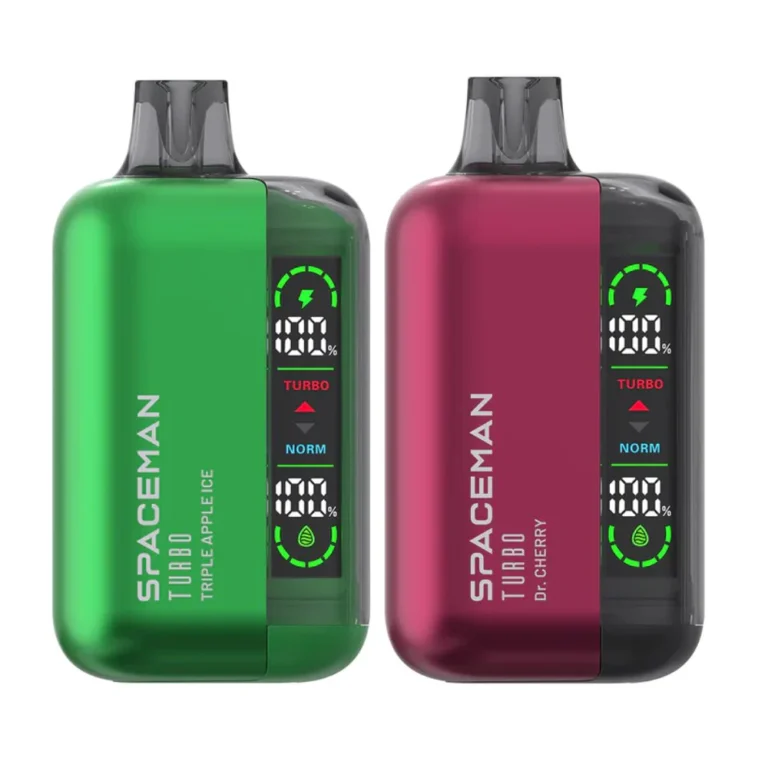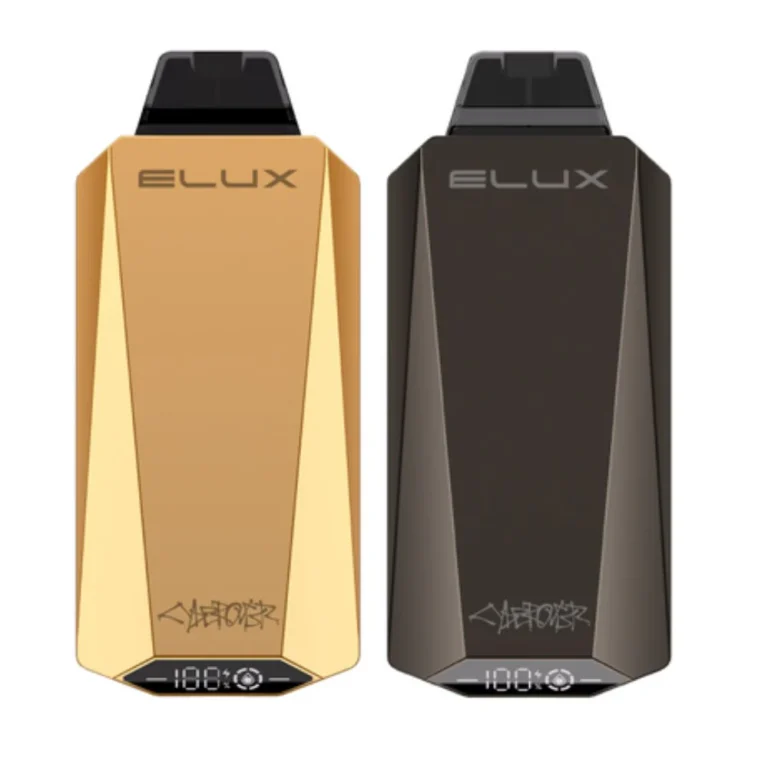Hayati Meaning: Understanding the Essence Behind the Word
The word Hayati is much more than a term—it’s a sentiment that encapsulates love, life, and deep connection. Originating from the Arabic language, Hayati translates to “my life” or “my darling,” often used as an expression of affection. Its beauty lies in its simplicity and the profound emotions it conveys.
Thank you for reading this post, don't forget to subscribe!Beyond its linguistic meaning, Hayati holds cultural and emotional significance in regions where Arabic is spoken. From being a term of endearment to symbolizing the importance of life itself, Hayati resonates deeply with those who use it. This article delves into the meaning, origins, and cultural context of Hayati, shedding light on why this word is cherished across cultures.
Origins of Hayati
Derived from Arabic
Hayati comes from the root word “Hayat” (حياة), which means “life” in Arabic. Adding the possessive suffix makes it “my life.”
Linguistic Connections
The term is closely related to expressions of love and endearment, often used in poetry, songs, and everyday language.
Cultural Significance of Hayati
Expression of Love
In romantic contexts, calling someone “Hayati” signifies that they are as important as life itself.
Family and Friendship
The term is also used among family and close friends to show care and warmth.
Spiritual Connection
In some cultures, Hayati reflects a spiritual acknowledgment of life’s blessings and the importance of gratitude.
Usage of Hayati in Daily Life
Romantic Relationships
Lovers often call each other Hayati to express deep affection and emotional connection.
Parental Affection
Parents might use Hayati to address their children, symbolizing their unconditional love.
Artistic Expression
The word frequently appears in Arabic music, literature, and movies to convey themes of love and devotion.
Hayati in Popular Culture
Songs and Poetry
Many Arabic songs feature the term Hayati, highlighting its romantic and emotional resonance.
Global Influence
As Arabic terms have gained popularity worldwide, Hayati is now recognized beyond Arabic-speaking regions.
Why “Hayati” Resonates Globally
Universality of Emotion
The idea of someone being “your life” transcends language barriers, making Hayati relatable to all cultures.
Romantic Appeal
Its melodic sound and heartfelt meaning make it a favorite in expressions of love.
Cultural Appreciation
With the growing interest in Arabic culture and language, terms like Hayati are celebrated for their depth and beauty.
How to Use Hayati
- Romantic Settings: Address your partner as Hayati to express love and devotion.
- Friendly Contexts: Use it playfully with close friends to show affection.
- Cultural Immersion: Learn the term’s nuances by exploring Arabic music, films, and poetry.
Conclusion
The meaning of Hayati goes beyond its literal translation of “my life.” It is a word rich in emotion, connection, and cultural heritage. Whether used romantically, affectionately, or spiritually, Hayati embodies the essence of love and life itself.
As more people embrace global languages and cultures, the beauty of words like Hayati continues to shine, reminding us of the universal power of language to convey the deepest human emotions.
FAQs About Hayati
1. What does Hayati mean in English?
Hayati translates to “my life” or “my darling,” often used as a term of endearment.
2. Is Hayati used only in romantic contexts?
No, Hayati is also used among family and friends to express affection and warmth.
3. What is the origin of the word Hayati?
Hayati originates from Arabic, derived from the word “Hayat,” meaning life.
4. Can Hayati be used in songs and poetry?
Yes, Hayati frequently appears in Arabic songs and poetry, symbolizing love and devotion.
5. Is Hayati used outside Arabic-speaking regions?
While it’s an Arabic word, Hayati is gaining recognition globally, especially in cultural and artistic contexts.



